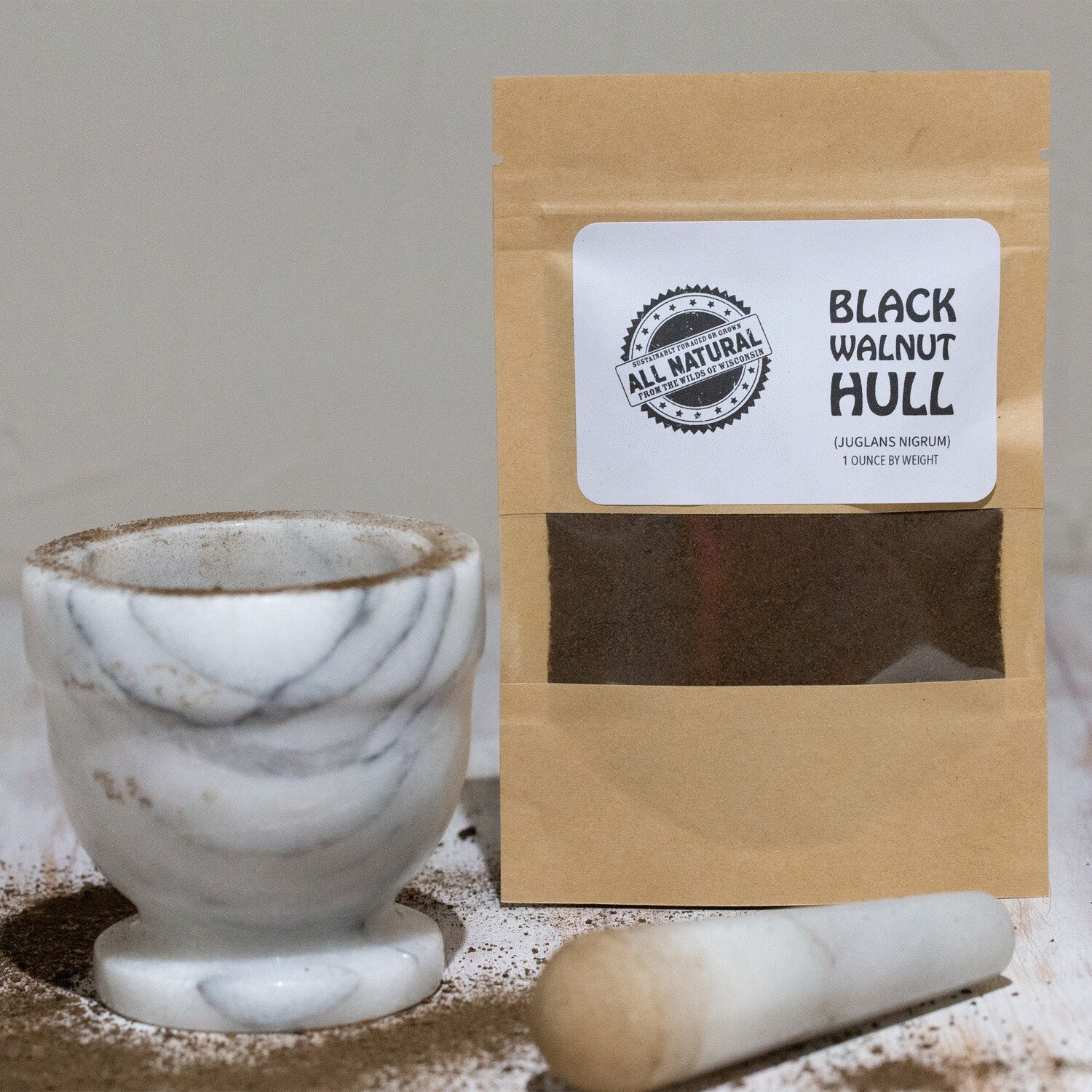NikkiLynnDesign Store
Welcome to Nikki Lynn Designs – your creative destination for high-quality digital downloads and real prints, proudly based in Wisconsin!! Whether you’re a journaling enthusiast, scrapbooker, or card maker, we offer a wide range of beautifully crafted resources to inspire your projects.
Explore our collection of digital downloads for journals, scrapbooking, cardmaking, and fun and educational printable PDFs and teaching aids for preschool learners.
Dive into our farmhouse, children’s, vintage, and nature-inspired art prints, available in digital and real print downloads. No matter your project, we’ve got something special to bring your ideas to life!
